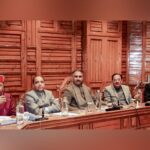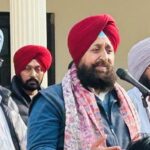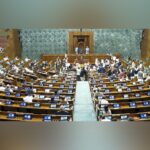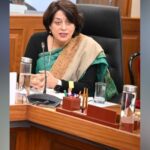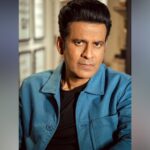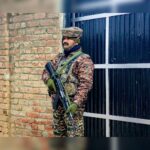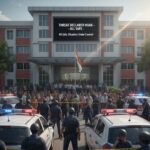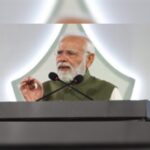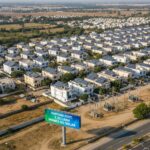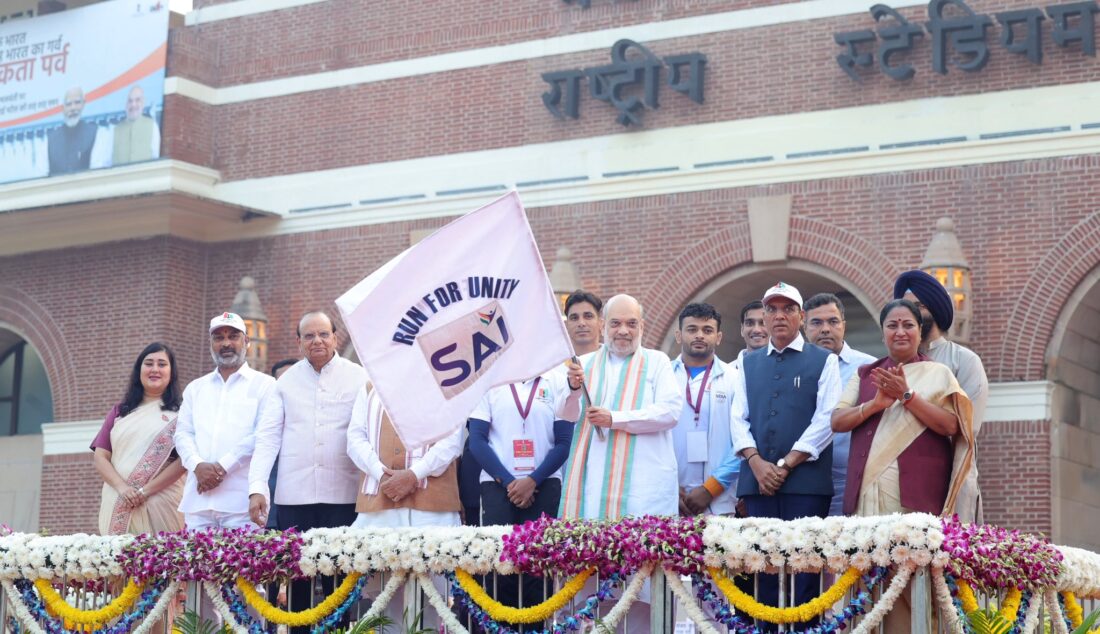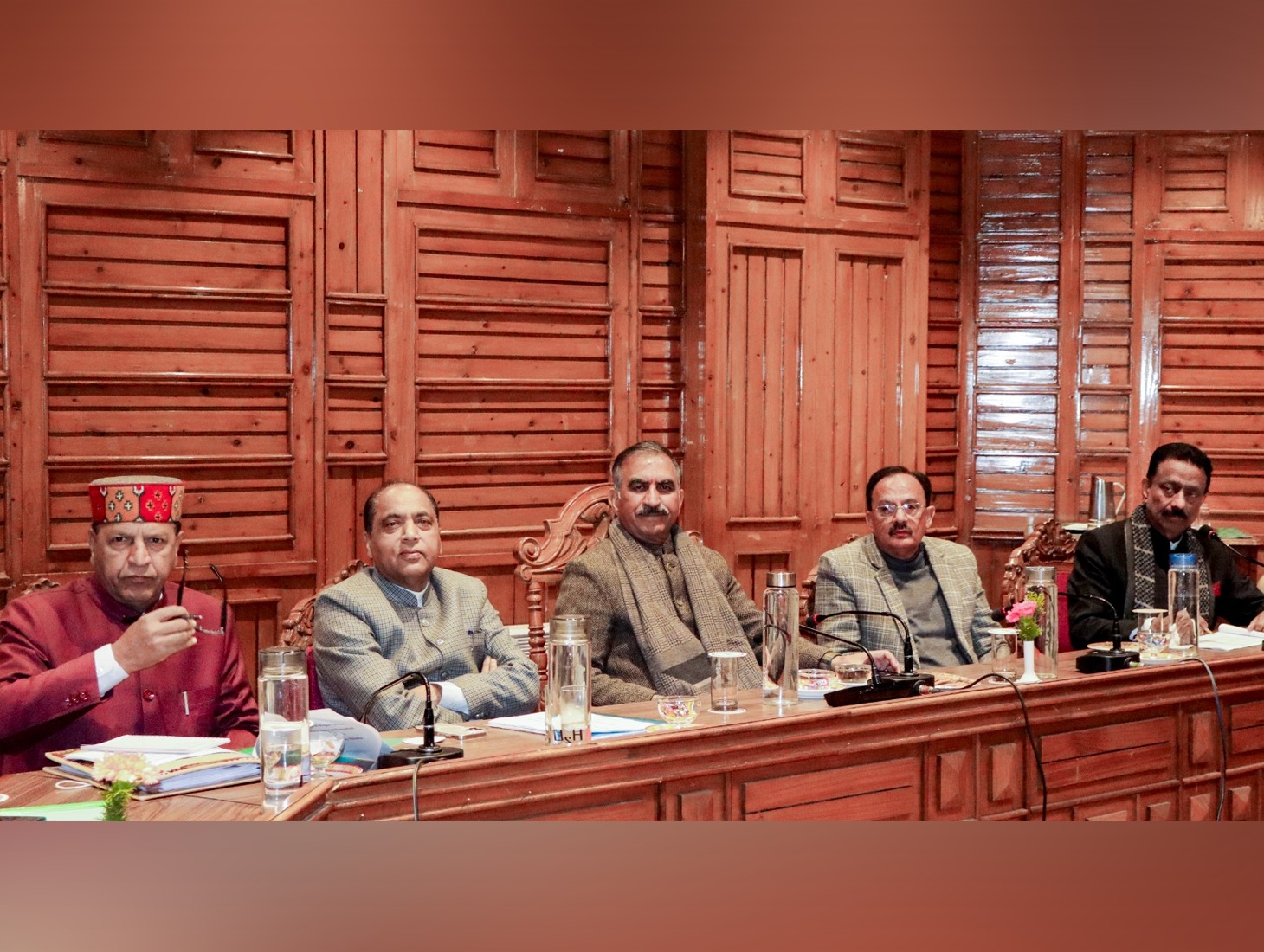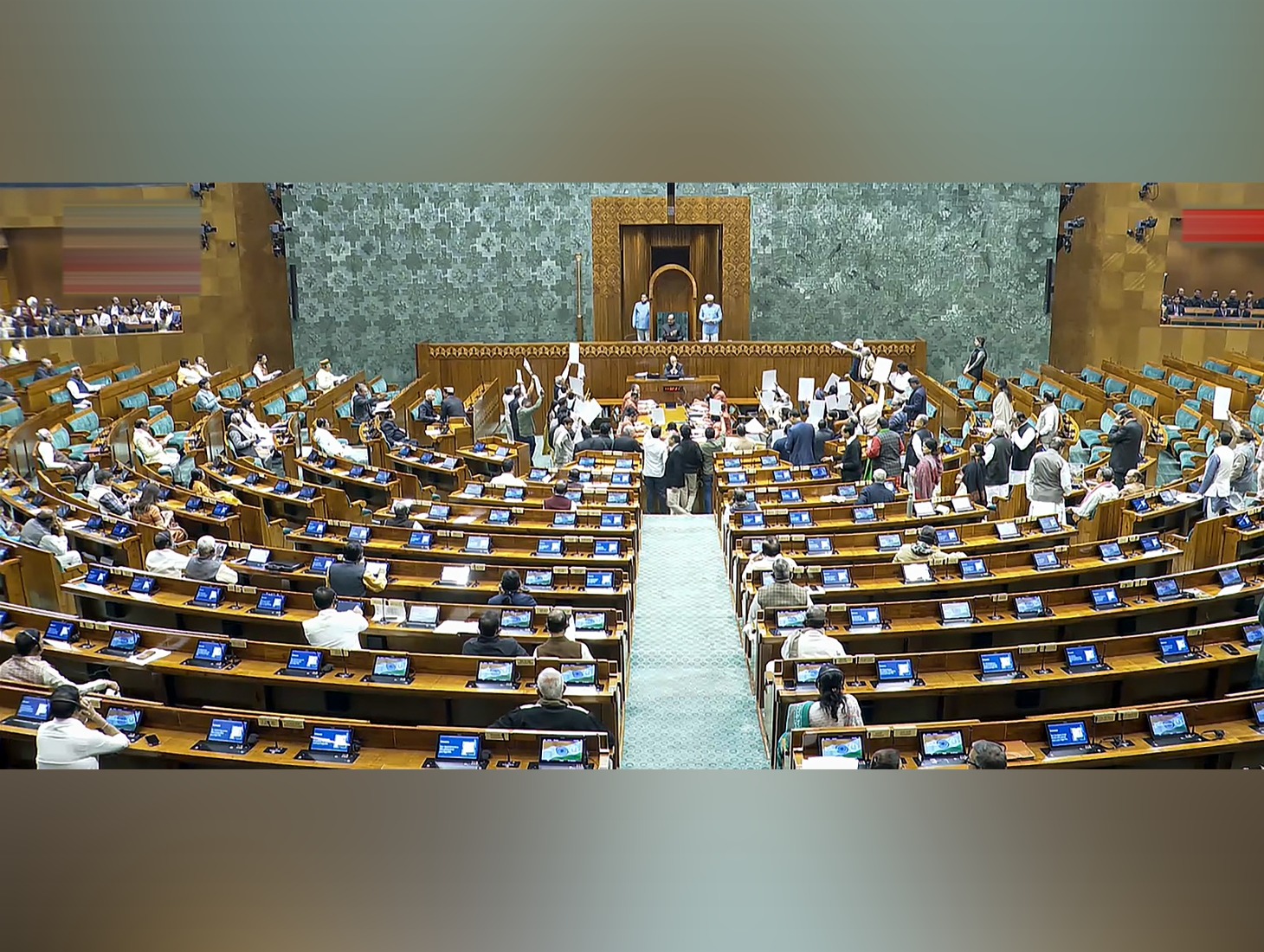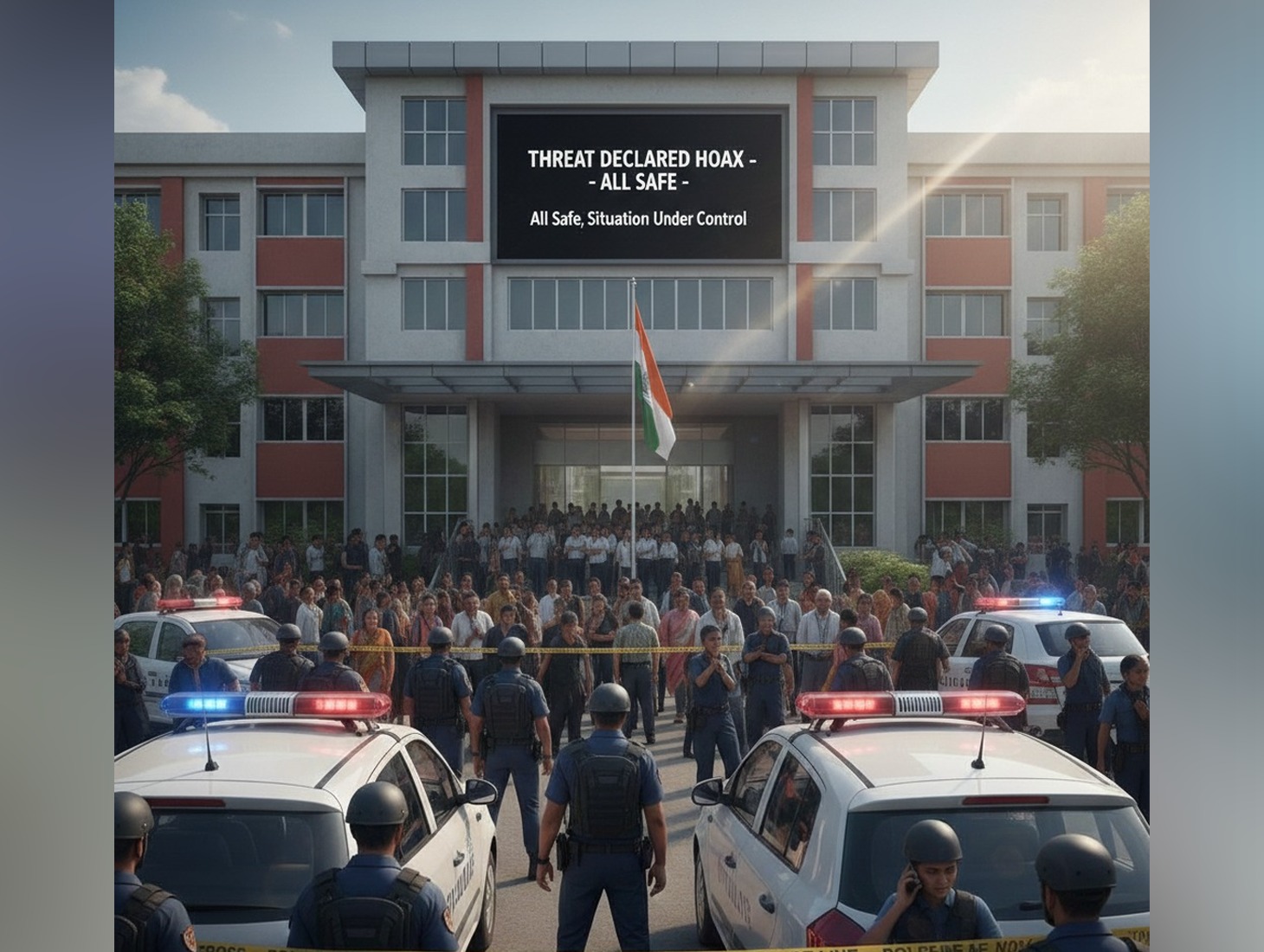The North News
New Delhi, October 31
Union Home Minister Amit Shah on Friday said that India’s unity and modern identity owe much to the vision and leadership of Sardar Vallabhbhai Patel, describing him as a towering figure who transformed the dream of a united India into reality. Speaking at the ‘Run for Unity’ event in New Delhi on the occasion of Rashtriya Ekta Diwas (National Unity Day), Shah said Patel’s contribution spanned from the freedom movement to the consolidation of independent India. The event marked the 150th birth anniversary of India’s first Deputy Prime Minister and was attended by Union Ministers Manohar Lal, Dr Mansukh Mandaviya, Bandi Sanjay Kumar, Delhi Lieutenant Governor V.K. Saxena, and Delhi Chief Minister Rekha Gupta.
“From the freedom movement to the creation of modern India, Sardar Patel’s contributions are significant,” Shah said, adding that every year since 2014, the nation has celebrated 31 October as Rashtriya Ekta Diwas at the initiative of Prime Minister Narendra Modi.
Shah recalled Patel’s transformation from a successful barrister to a mass leader during the freedom struggle, particularly citing his leadership in the Bardoli Satyagraha of 1928. “It was during this movement that Mahatma Gandhi conferred upon him the title of ‘Sardar’,” he said.
Highlighting Patel’s role in unifying 562 princely states after Independence, Shah said, “When the country faced the monumental challenge of integration, Sardar Patel’s resolve and diplomatic acumen brought together states like Hyderabad, Junagadh, Bhopal, Jodhpur and Travancore to form one India.”
The Home Minister said Patel’s mission remained incomplete only in Jammu and Kashmir, where Article 370 prevented full integration. “Prime Minister Modi fulfilled that unfinished task in 2019, realising Sardar Patel’s dream of a truly unified India,” he said.
Shah also recalled Patel’s foresight during the early days of Independence when he ensured Lakshadweep became part of India by sending naval forces to secure the islands. “While others celebrated independence, Sardar Patel was safeguarding the nation’s frontiers,” he said.
Criticising previous governments for failing to honour Patel adequately, Shah said it took 41 years after Independence for Patel to receive the Bharat Ratna. “No fitting memorial existed until Narendra Modi, as Gujarat Chief Minister, conceived the Statue of Unity at Kevadia,” he said.
The 182-metre-tall statue, completed within 57 months and constructed using iron donated by farmers, now stands as the world’s tallest statue and a global symbol of unity. Over 2.5 crore people have visited the monument since its inauguration, he added.
Referring to ongoing national celebrations, Shah said the Unity Parade at Kevadia — attended by police forces from all states and Central Armed Police Forces — is a reflection of India’s continuing respect for Patel’s ideals. The Ministry of Home Affairs, he said, has decided to hold the parade annually as a national tribute.
“Special programmes are being held from Kashmir to Kanyakumari and from Dwarka to Kamakhya to spread Sardar Patel’s message among the youth,” Shah said. “The young people taking the unity pledge today will build the India of tomorrow.”


